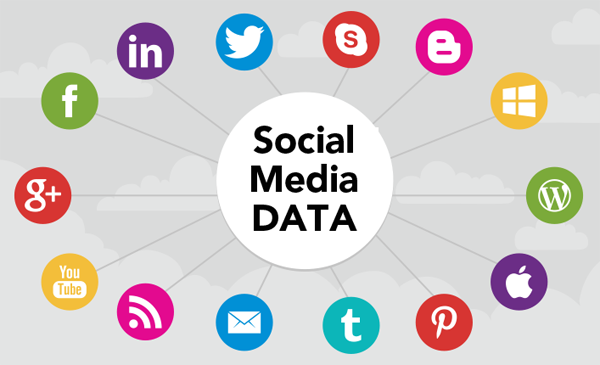
Social media platforms generate vast amounts of data on user behavior, preferences, and interactions. This data can be analyzed using big data analytics to gain insights into user behavior and preferences. In this article, we’ll explore the ways that big data is being used to understand user behavior on social media platforms.
What is Big Data?
Big data is a term used to describe the massive amount of data that is generated by digital devices and systems. Big data is characterized by its volume, velocity, and variety. Social media platforms generate vast amounts of data on user behavior, preferences, and interactions, which can be analyzed using big data analytics to gain insights into user behavior and preferences.
Big Data and User Behavior on Social Media
Big data is being used to understand user behavior on social media platforms in a number of ways:
- Sentiment Analysis
Big data is being used to analyze the sentiment of social media posts. By analyzing the language used in social media posts, big data analytics can determine whether the sentiment of the post is positive, negative, or neutral. This can help companies to understand how users feel about their brand or product.
- Influencer Marketing
Big data is also being used to identify social media influencers. By analyzing data on social media interactions and engagement, big data analytics can identify individuals who have a large following and high levels of engagement. Companies can then work with these influencers to promote their products or services.
- Personalization
Big data is also being used to enable personalization. By analyzing data on user behavior and preferences, social media platforms can provide personalized recommendations and tailored content to users. This can help to improve the user experience and increase engagement.
The Benefits of Big Data in Social Media
The use of big data in social media offers a range of benefits, including:
- Improved User Experience
By using big data to enable personalization and tailor content to user preferences, social media platforms can improve the user experience, leading to increased engagement and loyalty.
- Improved Targeting
By using big data to analyze user behavior and preferences, companies can improve their targeting, leading to more effective marketing and increased sales.
- Improved Reputation Management
By using big data to analyze sentiment on social media, companies can monitor their brand reputation and respond quickly to negative feedback, helping to maintain a positive brand image.
The Challenges of Big Data in Social Media
While the use of big data in social media offers many benefits, there are also challenges that need to be addressed:
- Data Privacy and Security
Data privacy and security are major concerns when it comes to big data and social media. As more and more data is collected and stored, there is a risk that it could be misused or exploited. There is a need for greater transparency and accountability around how data is collected, stored, and used.
- Data Quality
Data quality is another challenge in big data and social media. Ensuring that data is accurate, complete, and consistent can be difficult, especially when dealing with large volumes of data from multiple sources.
- Ethics and Bias
Finally, there is a need to address ethical concerns and bias in big data and social media. The algorithms used to analyze social media data could be biased or lead to unintended consequences, such as discrimination or misinformation.
Conclusion
The use of big data is transforming the way user behavior and preferences are understood on social media platforms. By analyzing large datasets on user behavior and preferences, companies can gain valuable insights into how to improve the user experience, target marketing efforts, and manage their reputation. As the social media industry continues to integrate big data into its practices, it is important that challenges such as data privacy and security, data quality, ethics, and bias are addressed in a way that prioritizes transparency, accountability, and the well-being of social media users and society as a whole.